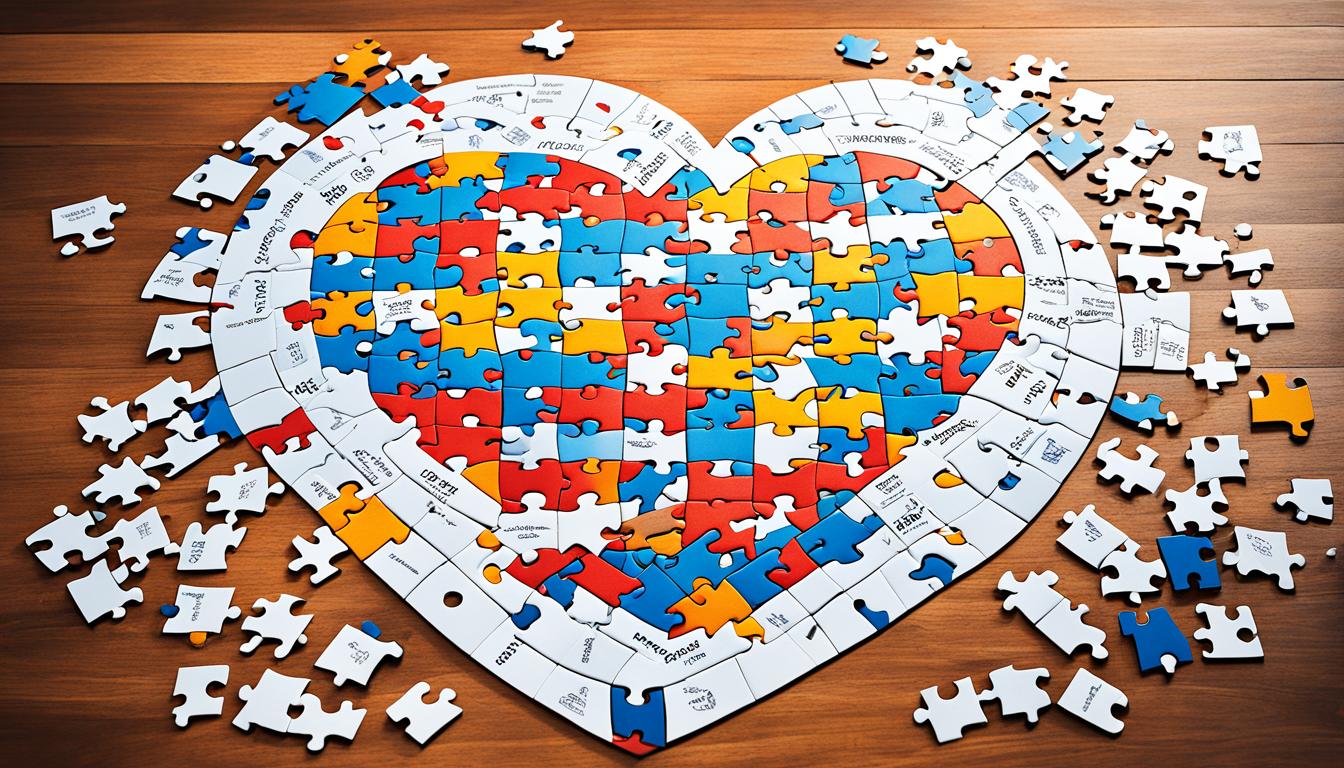The Power of Customer Connection
Relationship Marketing. In today’s competitive digital world, Customer Relationship Management (CRM) is crucial for business success. Building meaningful, lasting connections enhances customer retention, loyalty, and long-term profitability.

Importance of Long-lasting Relationships
Creating enduring relationships is vital. Valued and understood customers are more loyal. Well-structured loyalty programs and effective post-sales approaches play key roles.
Understanding Customer Needs and Expectations
Successful CRM hinges on customer data analysis. By gathering and interpreting customer behavior, preferences, and pain points, businesses can deeply understand their needs, enabling personalized, value-driven experiences that strengthen brand-customer bonds.
Definition and Benefits of Relationship Marketing
Relationship marketing is a core strategy for building deep, lasting customer connections. Prioritizing customer engagement boosts loyalty, trust, and long-term profitability.
Increased Customer Satisfaction and Loyalty
A primary benefit is elevated customer satisfaction and loyalty. Understanding their needs and journey allows for personalized, valuable experiences, enhancing emotional bonds and CRM.
Differentiation from Competition
In a competitive market, relationship marketing is crucial for retention, differentiating businesses by fostering strong relationships and genuine customer commitment, enhancing competitive advantage.
Long-term Profitability Improvement
Investing in relationship marketing boosts long-term business profitability. Loyal, satisfied customers have higher lifetime value (CLV) through repeat purchases, referrals, and willingness to pay for quality products and services.
Essential Relationship Marketing Strategies
Building engaging, lasting customer relationships requires key strategies like personalized, relevant communication and loyalty programs.
Personalized, Relevant Communication
Effective communication is fundamental. Personalized approaches based on each customer’s needs, preferences, and history establish meaningful connections, increasing engagement and customer value, encouraging repeat sales.
Loyalty and Reward Programs
Implementing loyalty and reward programs that recognize and value loyal customers is essential. These programs offer exclusive benefits, personalized discounts, and memorable experiences, reinforcing customer loyalty and retention.
Customer Relationship Management (CRM)
CRM plays a crucial role in relationship marketing. This strategic approach allows businesses to collect and analyze detailed customer data, gaining deep insights into their needs, behaviors, and preferences.
Data Collection and Analysis
Adopting CRM systems helps businesses gather extensive customer information, from demographics to purchase patterns and interactions. Data analysis is key for relationship management, providing valuable insights guiding strategic decisions and personalized marketing initiatives.
Segmentation and Personalization
Using data insights, businesses can segment customers into groups with similar characteristics and needs. This segmentation enables personalized communication strategies, strengthening emotional bonds and brand relevance for each customer group.
Integrating CRM into relationship marketing initiatives deepens customer understanding, enhancing action effectiveness and building lasting bonds. This synergy between CRM and relationship marketing is crucial for long-term success.
Creating Memorable Customer Experiences
Providing exceptional customer experiences is fundamental in relationship marketing. Creating memorable experiences strengthens emotional bonds and customer loyalty, making businesses a preferred market choice.
Exceptional Customer Service
Outstanding customer service is key to creating memorable experiences. Investing in a highly skilled, empathetic customer service team is essential for exceeding customer expectations and fostering loyalty.
Multi-channel Engagement
Besides exceptional service, engaging customers across multiple channels is vital for building lasting relationships. Offering an integrated omnichannel experience increases customer engagement, ensuring a smooth, personalized journey.
Consistent, high-quality service at all touchpoints makes customers feel valued, encouraging brand advocacy and sustainable business growth.
Marketing Automation
Marketing automation enhances relationship marketing, increasing efficiency and scalability in customer loyalty initiatives. Automating repetitive tasks like personalized communication allows businesses to optimize resources and focus on creating valuable customer experiences.
Sales Consulting and Customer-focused
Relationship marketing benefits from sales consulting, where sales teams act as customer partners, understanding their needs and offering personalized solutions. This customer-focused approach builds trust, loyalty, and engagement, boosting marketing efficiency.
Monitoring and Continuous Optimization
Long-term relationship marketing success depends on continuous monitoring and optimization. Tracking key metrics and carefully analyzing customer data provide valuable insights for refining strategies and loyalty initiatives.
Key Metrics and Data Analysis
Important metrics to monitor include customer retention rate, CLV, loyalty program engagement rate, and overall customer satisfaction. Analyzing customer data helps identify patterns, trends, and improvement opportunities, enabling informed decision-making.
Learning from Customer Feedback
Gathering customer feedback is crucial for continuous relationship marketing improvement. Encouraging customers to share their experiences, opinions, and suggestions helps businesses better understand their needs and expectations, enhancing satisfaction and loyalty.
Common Challenges and Pitfalls
Implementing relationship marketing strategies can present challenges and pitfalls requiring attention and care. Balancing personalization and customer privacy is a primary challenge. Customers value personalized experiences but increasingly care about data privacy.
Balancing Personalization and Privacy
Businesses must create strong customer data management policies, ensuring transparent and respectful data collection, storage, and usage. Clearly communicating data use, offering consent and control options, and strictly following applicable laws and regulations are essential.
Managing Customer Expectations
Another common challenge is managing customer expectations. Creating personalized experiences and exclusive benefits requires careful expectation management to avoid disappointment. This involves making realistic promises, transparent communication, and consistently delivering promised value.
Overcoming these challenges with strategic planning helps businesses implement successful relationship marketing initiatives, strengthening customer connections.
Integrating Relationship Marketing into Strategy
To build lasting customer relationships, integrating relationship marketing strategically and holistically is essential. This involves aligning it with overall business objectives, ensuring customer loyalty initiatives align with organizational goals.
Alignment with Business Objectives
Relationship marketing must be firmly anchored in strategic business goals. Aligning these efforts ensures integration drives measurable, sustainable results. Carefully analyze how customer relationship actions contribute to strategic alignment and overall business growth.
Involving the Entire Organization
Successful relationship marketing requires organization-wide involvement. From top leadership to frontline teams, all departments must understand and embrace this customer-centric approach. Foster an organizational culture valuing customer satisfaction and loyalty, ensuring every employee plays a crucial role in building lasting relationships.














![NEEWER 55W 18"/45cm Ring Light Kit [New Version], 5600K Dimmable ...](https://m.media-amazon.com/images/I/414QLqvZWLL._AC_.jpg)








